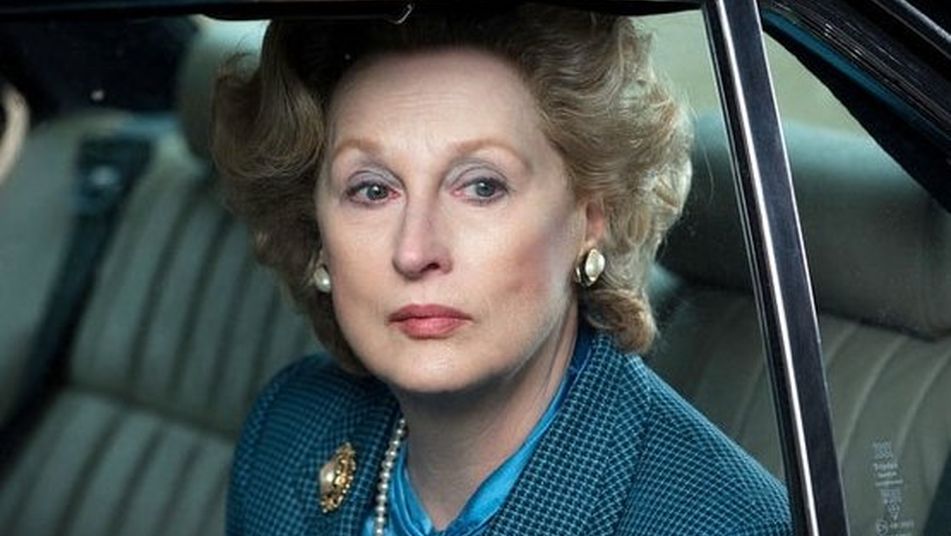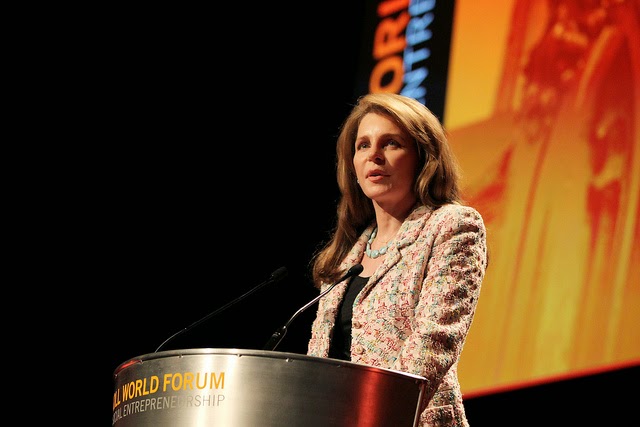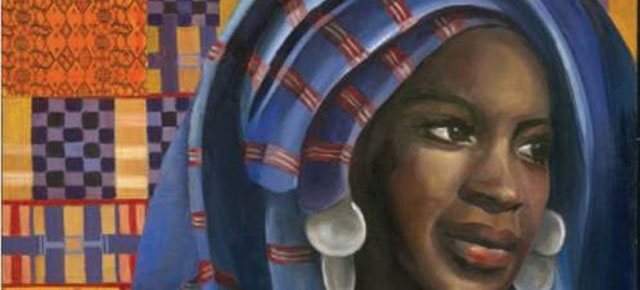It comes as no surprise that Meryl Streep’s latest film Suffragette is set to open this year’s London Film Festival. The Academy-Award winner will start as the Victorian political activist Emmeline Pankhurst, who lead the movement and helped women win the right to vote. The film also starts the best of British talent like Carey Mulligan, Helena Bonham Carter and Ben Whishaw and was written by Abi Morgan (The Iron Lady).
Hollywood is of course no stranger to biopics of British women.
In the past ten years films such as The Queen, The Iron Lady and Diana have smashed box office records and won prestigious awards. But isn’t it about time women of the developing world are recognised in the same way?
For hundreds of years Asia, Africa and South American have produced some of the world’s most famous women who have not only inspired everlasting political change but are still today recognised as icons of gender equality.
So with Margaret Thatcher should come Malala Yousafzai and with Princess Di should come President Bhutto. Here are my top four women in history whose lives should be made into biopics:
1. Benazir Bhutto
One of Pakistan’s darkest days was the day Benazir Bhutto was killed. As the country’s first female prime minister, she proved that education really is power. After her studies at Oxford and Harvard, she inherited her father’s status as the leader of Pakistan’s People Party. In 1988 she was elected Prime Minister and set about making significant changes in the developing country. She released political prisoners to restore fundamental human rights, lifted heavy restrictions on the press and emphasised economic growth. Her legacy should live forever and show women that power is not always in the genes.
2. Queen Noor of Jordan
Born Lisa Najeeb Halaby, she married King Hussein in 1978 and took on the myriad of challenges associated with an Arab royal family. Despite her journalistic background, she embraced her official duties and devoted herself to improving Jordan’s educational resources, women’s and children’s welfare and urban planning. She established the Jubilee School, the Jerash Festival of Culture and Arts and the Arab Children’s Congress. King Hussein died in 1999, and after struggling to retain her name in the Arab world and deal with a nation in mourning, she eventually set up the King Hussein Foundation, which was devoted to promoting peace in the Middle East. Despite initial opposition, Queen Noor has exceeded expectations and continued her husband’s legacy.
3. Wu Zetian
For one beautiful moment in Chinese history a woman ruled China. In 625 AD, Wu Zetian married the emperor’s son Kao Tsung, and took over administrative duties equal to that of the emperor. She wanted to challenge Confucian beliefs about women and campaigned to elevate their position. She made scholars write biographies of famous women, gave her female relatives high political powers and even moved the court away from the seat of traditional male power and tried to establish a new dynasty. She also placed Buddhism over Daoism as the favoured state religion and developed the most under her reign. She once said that the ideal ruler was one who ruled the people the way a mother did over her children.
4. Nana Asma’u
This Nigerian princess from the 1800’s was not only the daughter of Usman dan Fodio, founder of one of the most powerful kingdoms in North Africa but she was a poet and teacher. As an erudite of Arabic, Greek, Latin, Fulfulde, Tamacheq, she formed a group of female teaches who journeyed through the caliphate educating women. These women became symbols of the new state who used her poetry to educate women and integrate the pagan areas of Nigeria within the existing Muslim state and culture. Today, in northern Nigeria, Islamic women’s organisations, schools and meeting halls have been named in her honour. With recent republications of her work, she has become a rallying point for African women to improve women’s education.
Whichever direction Hollywood chooses to go with biopics, the influence of these women is still apparent today. Film is designed to immortalise stories from around the world and it is clear that whether from north, south, east or west, these women deserve to live forever.










